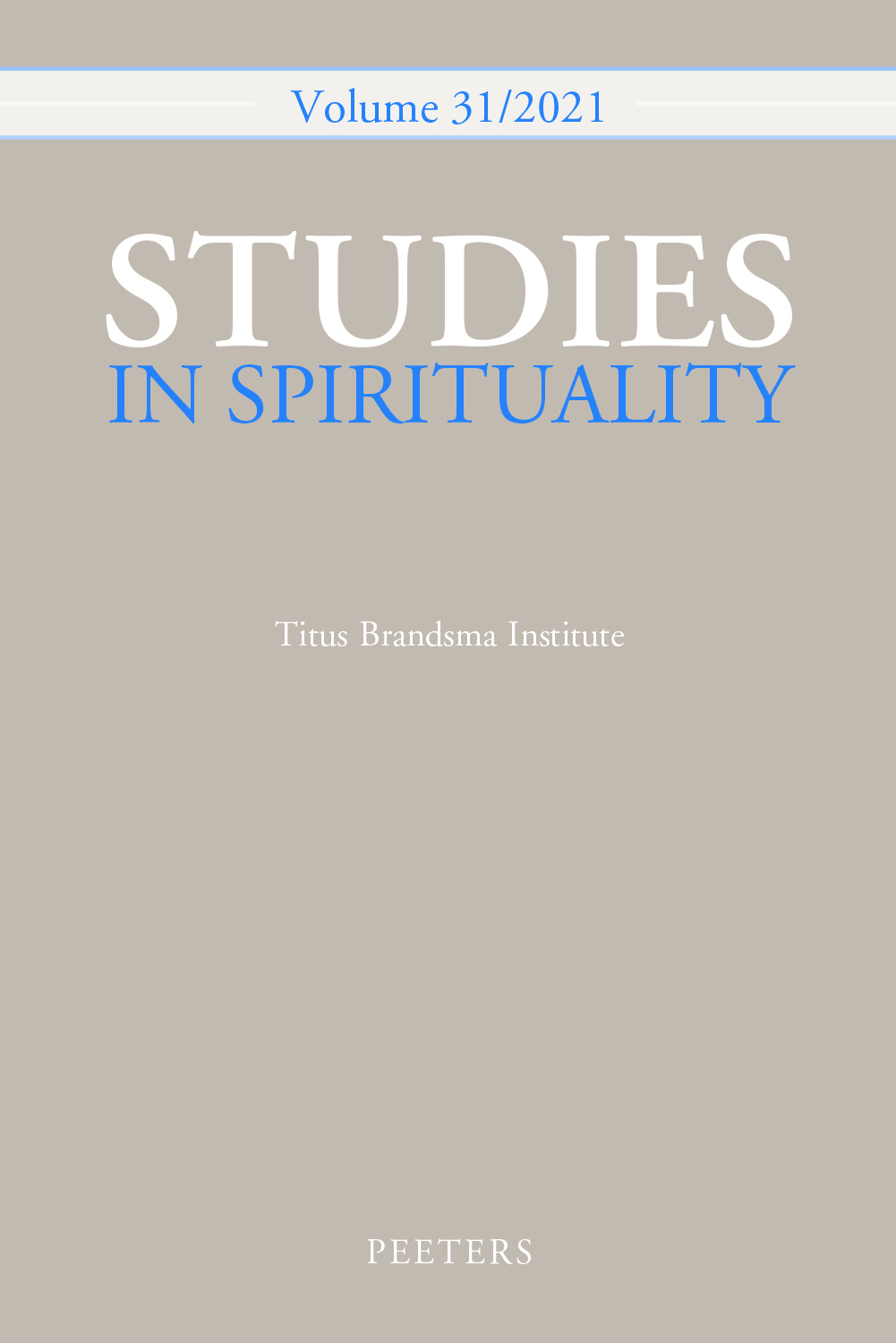 previous article in this issue previous article in this issue | next article in this issue  |

Preview first page |
Document Details : Title: Apocalypse in the Stories of Flannery O'Connor Author(s): FARICY, Robert Journal: Studies in Spirituality Volume: 12 Date: 2002 Pages: 178-188 DOI: 10.2143/SIS.12.0.505319 Abstract : Flannery O'Connor (1925-1964), one of the twentieth century's greatest fiction writers, wrote about sin and salvation, revelation and grace, from a Catholic faith perspective and in the setting of the rural south of the post-World-War-JI United States, the so-called 'Bible belt' with its reformation Protestant Christianity, its scripture-soaked religious culture, its racial segregation. In all but one of the stories in her last book of fiction, Flannery O'Connor writes about God's revelation to individual persons, a revelation not always accepted. This revelation takes place always dramatically and often violently. And it comes to persons who have serious cases of spiritual blindness. Flannery O'Connor's vehicle is fiction, and her theological style is apocalyptic. Apocalyptic talks about the future as such and as God's. So it talks about the bidden. The future lies hidden in the Lord's hands because it belongs to him. He holds the future and makes it present now to us in a hidden and mysterious way through apocalypse (which means 'revelation"). Symbols and images provide the necessary carriers of what remains by its nature mysterious and perceivable only in symbols and images. In the stories of Flannery O'Connor, God's future breaks into the present time with violence, grotesquely, and in revelation - that is, in apocalypse. |
|


